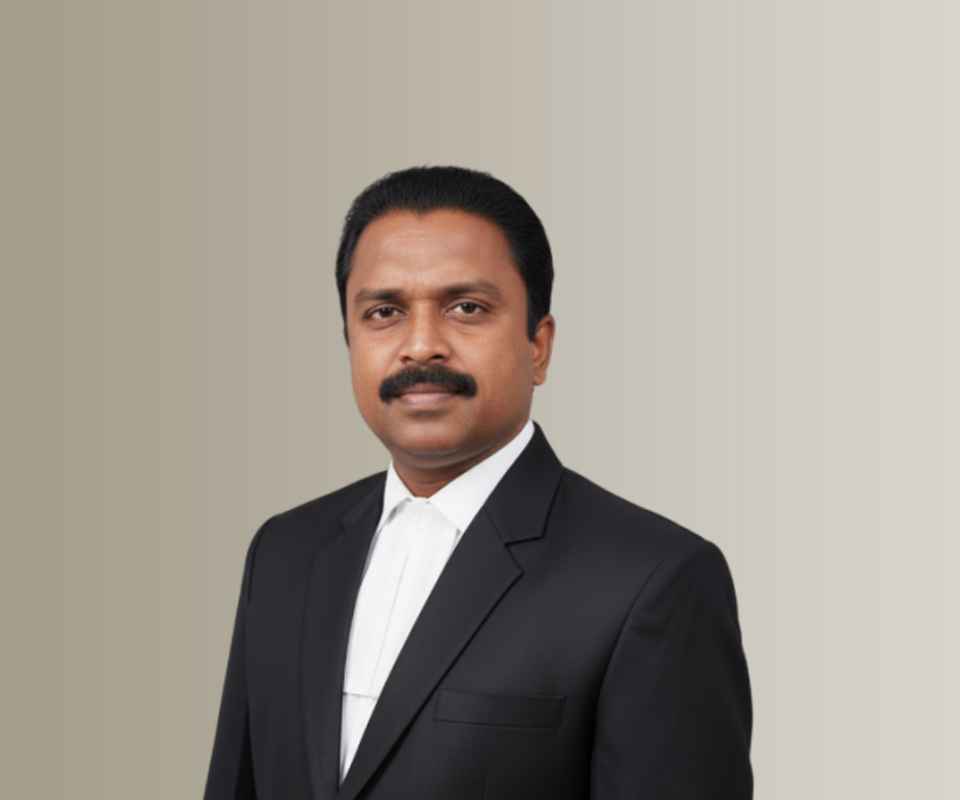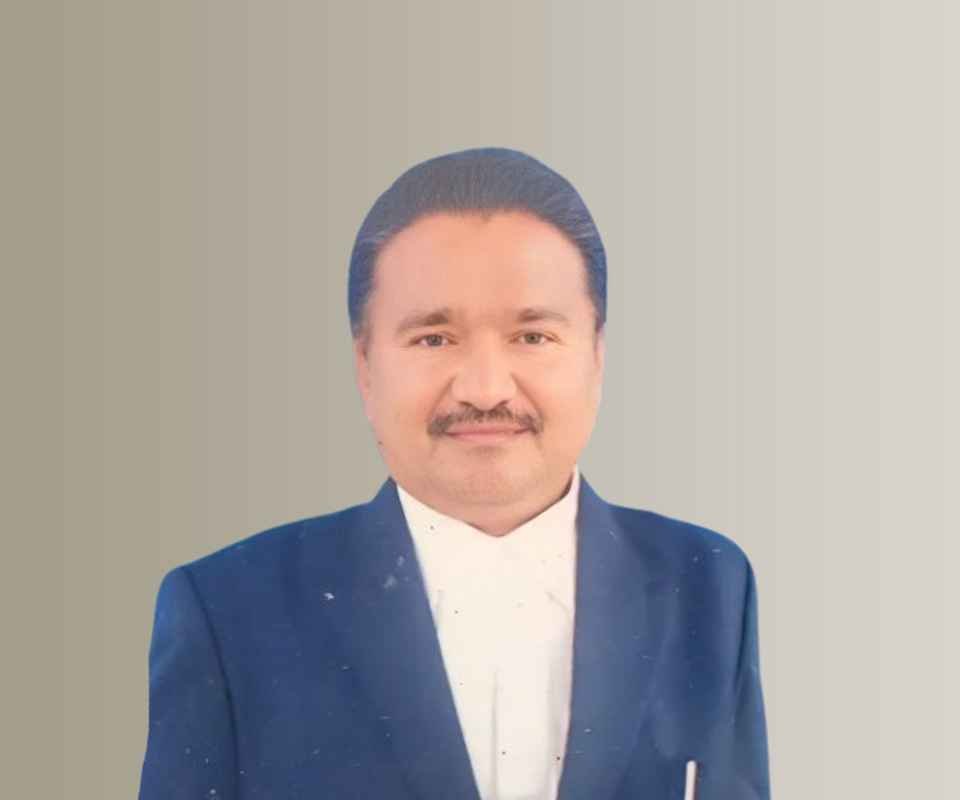Answer By law4u team
Extradition involves the formal surrender of an individual from one jurisdiction to another to face prosecution or serve a sentence for crimes committed. When the individual holds dual nationality, i.e., citizenship of India and another country, the extradition process becomes legally and diplomatically complex. Dual nationals often have constitutional rights and protections in India, but international treaties and domestic laws govern their extradition, balancing legal obligations with sovereignty and human rights concerns.
1. Legal Status of Dual Nationals in India
Constitutional Position: India does not formally recognize dual citizenship but allows Overseas Citizens of India (OCI) status, which is not equivalent to full citizenship. Legally, dual nationals may face challenges in matters of rights and obligations under Indian law.
Nationality Act and Citizenship: According to the Indian Citizenship Act, a person cannot hold Indian citizenship and another citizenship simultaneously. However, many individuals retain dual nationality practically due to foreign citizenship acquired later.
2. Extradition Law Framework in India
Extradition Act, 1962: India’s primary legislation for extradition governs surrender of accused persons on requests from foreign countries under treaties or arrangements.
Treaty-Based Extradition: Extradition is carried out only if a valid treaty or arrangement exists between India and the requesting country.
Dual Nationality Issues: Indian courts have dealt with cases where dual nationals are sought for extradition, balancing treaty obligations and individual rights.
3. Dual Criminality and Extradition Eligibility
Dual Criminality Principle: For extradition, the alleged offense must be punishable in both India and the requested country. Dual nationality does not exempt a person from this requirement.
Nature of the Crime: The extradition request must relate to a criminal offense recognized under Indian law and treaty provisions.
4. Challenges in Extraditing Dual Nationals
Diplomatic Protection by Other State: The foreign nationality state may assert diplomatic protection, complicating surrender.
Risk of Political or Discriminatory Treatment: Courts examine whether the extradition request is politically motivated or if the dual national may face unfair treatment.
Human Rights Considerations: Indian courts assess whether extradition violates fundamental rights or exposes the individual to torture, unfair trial, or death penalty without due safeguards.
5. Judicial and Administrative Procedures
Judicial Review: Indian courts conduct detailed scrutiny of extradition requests, especially for dual nationals, to ensure compliance with legal and constitutional safeguards.
Possible Bail or Protection: Courts may grant interim relief or impose conditions to protect the accused’s rights pending extradition.
6. International Examples and Practices
Many countries have complex rules for extradition of dual nationals, often refusing to extradite their own citizens. India’s approach varies based on treaties and reciprocal arrangements.
Some countries extradite dual nationals if the crime relates to the requesting state, while others refuse on grounds of nationality.
7. Recommendations for Dual Nationals
Legal Counsel: Dual nationals facing extradition requests should seek expert legal advice to understand treaty terms and rights under Indian and international law.
Diplomatic Channels: In some cases, diplomatic negotiation between states plays a key role in resolving extradition disputes involving dual nationals.
Example:
A dual national holding Indian and Canadian citizenship is accused of financial fraud in India. India requests extradition from Canada. Canadian authorities assess the request under their laws and treaty obligations. Canada may refuse extradition on grounds that the individual is a Canadian citizen or may extradite if Canadian law permits and treaty conditions are met. If Canada agrees, Indian courts will review the request and the accused’s rights before ordering extradition, considering human rights protections and fair trial guarantees.







